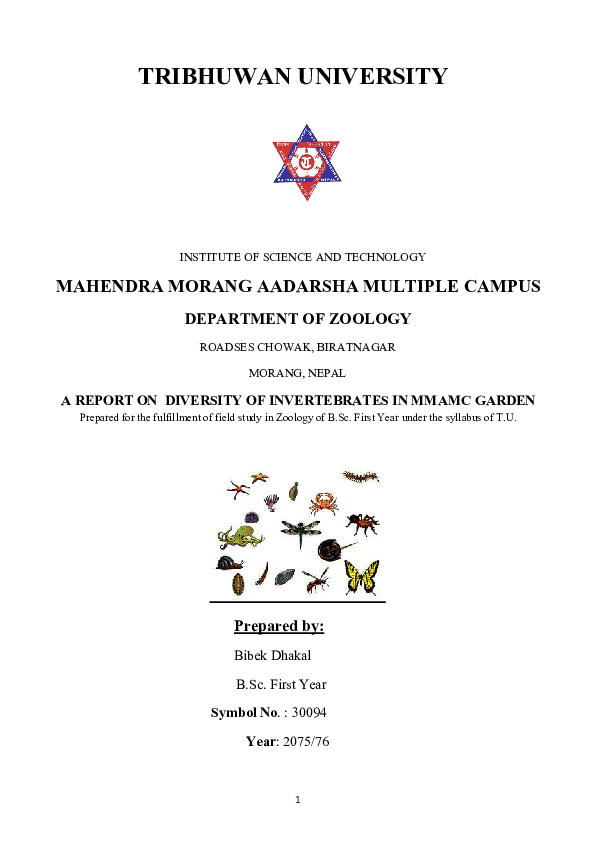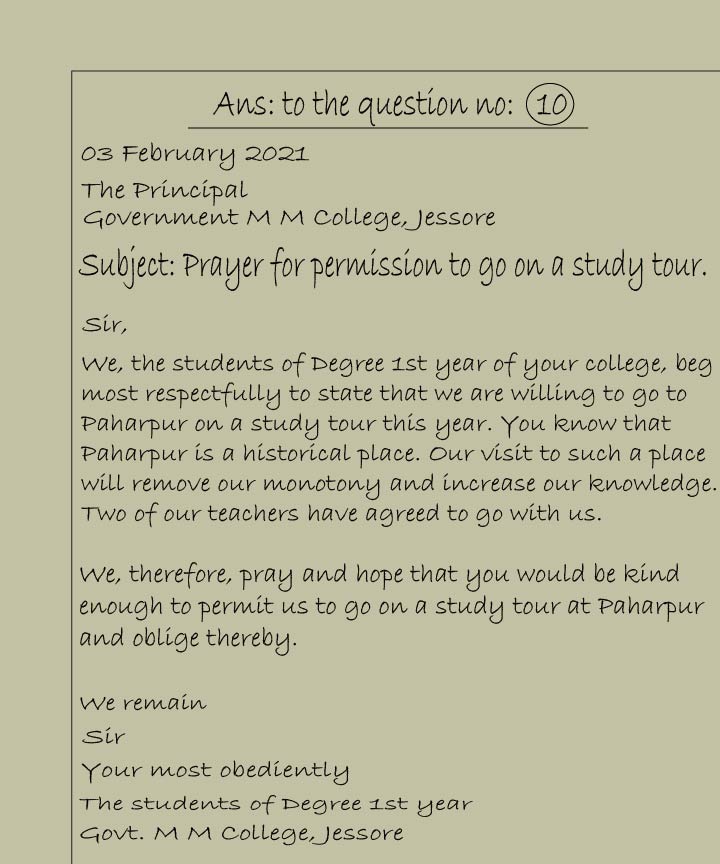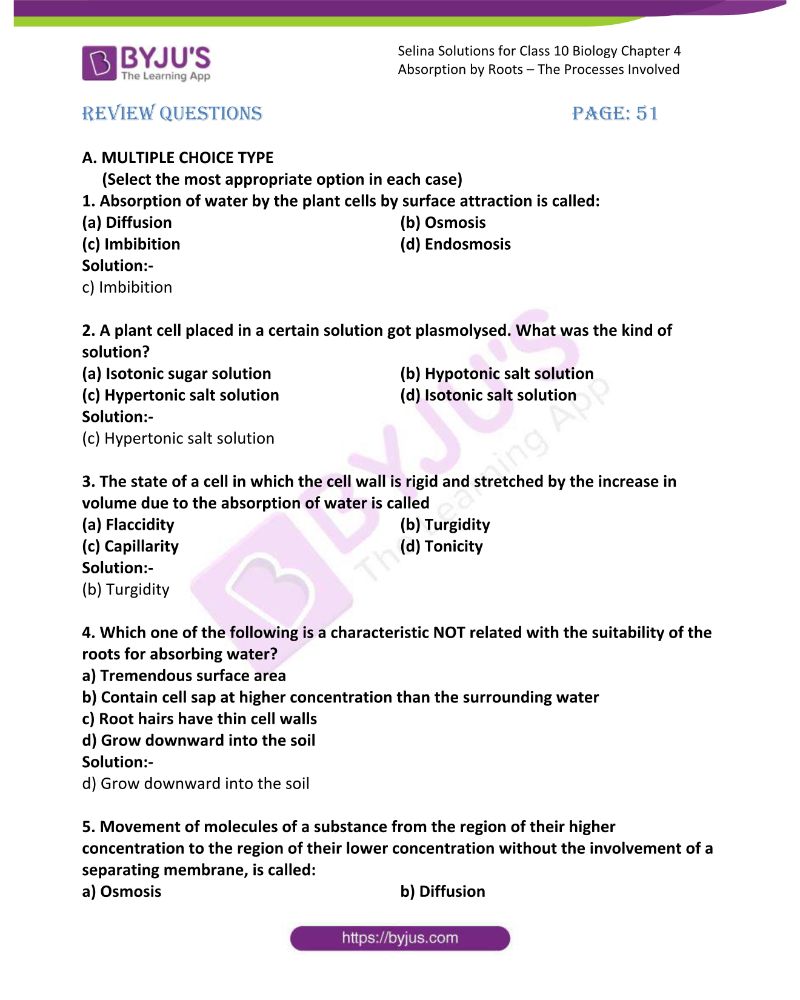What is Study Tour?

So what exactly is a study tour? The answer to that question depends entirely on who you are and what you’re doing. Is it a group of people studying at a university, or is it just a student taking an extracurricular trip? There are many benefits to both types of trips, but I’ll touch on the main advantages here. Whether you’re looking for a field trip or studying abroad, a study tour is a great way to learn more about a new country.
Student
If you are interested in an overseas study tour, you have come to the right place. With DIS Study Tours, you can explore cities across Europe, including London, Vienna, and the Netherlands. You can also visit Poland and the Faroe Islands. In addition, DIS also arranges trips to places such as Iceland and the Faroe Islands, which you can explore on a study tour. There are many advantages to studying abroad.
Group of people
A study tour is an educational trip designed to help a group of people learn more about another country’s education system. Typically, it will be accompanied by a university academic who teaches the course. A group may also have accompanying staff, which may be from the university itself or an external third-party organization. The accompanying staff may not be present when the study tour group arrives at its destination.
Field trip
Before heading on a study tour, it is important to determine the purpose of the field trip. Study tours are great for exploring the world and learning about its different aspects. During the tour, students will gain valuable insight into the different cultures and ways of life. The goal of a study tour is to help students become aware of the world and its people, and the faculty member leading the tour will be an excellent resource for this purpose. Faculty members should also have a thorough knowledge of the area they will visit in order to assist students with their questions.
Experiential learning
One way to learn from experience is to take a study tour. Study tours provide students with a first-hand look at a particular country’s culture, history, and geography. In addition, students can engage in hands-on activities such as cooking, shopping, and hiking, as well as attend seminars, workshops, and other educational events. Study tours are also excellent opportunities to meet people from other countries and explore their local culture.
Site visits
In addition to classroom lessons, site visits are an important component of study tours. In addition to gaining insight into different work environments, these site visits allow students to learn about career transitions from company employees. The BU’s BEST program designs site visits for students in different career tracks. Here are some tips for students considering a site visit:
Excursions
For educators, Study tour excursions offer the opportunity to deepen their knowledge of the world. This knowledge can be used to enrich the cultural exchange within their classrooms and communities. Participants travel with other educators who have the same interest in global exploration and cultural exchange. The purpose of these tours is to help participants learn from others and foster long-term partnerships. To learn more about Study tour excursions, read on. Here are three examples of what to expect during a study tour.
Academic content
The academic content of a study tour is a crucial aspect of the educational process. Students travel to a European country and meet with academics, business experts, and government officials to gain a deeper understanding of the country’s policies. Students will complete as much on-site research as possible. The topics of previous study tours have ranged from EU enlargement to the Euro financial crisis. During the study tour, students will gather in Brussels for lectures, meet with members of the European Parliament, and engage in a mini-parliament exercise.






